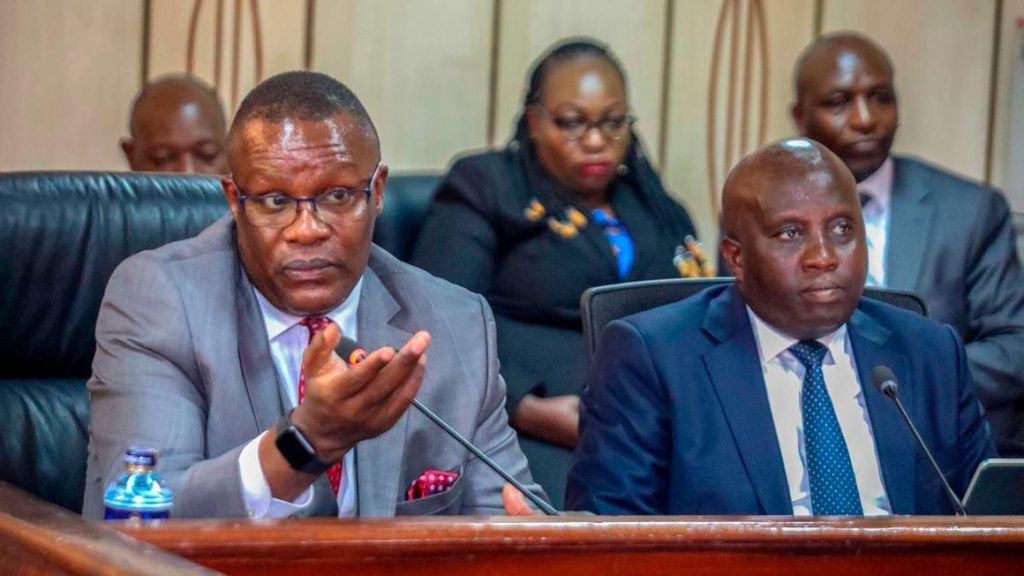A parliamentary committee has turned down a petition asking for a complete ban on TikTok in the country. Instead, they suggested that government authorities conduct regular checks on how TikTok operates.
In their report to Parliament, the National Assembly Committee on Public Petitions stated that a total ban on TikTok would limit freedom of the media and expression. They mentioned, “A total ban on TikTok is not reasonable as it violates people’s basic rights and freedoms.”
The committee explained that banning TikTok would negatively impact innovation and creativity among users. They emphasized that such a ban would restrict the constitutional rights to freedom of expression and the media.
As the country aims to boost its digital economy, the committee believes that limiting social media would be counterproductive. They stated, “Banning TikTok would hinder social and economic growth and reduce the benefits of internet access as we try to improve our digital economy.”
Led by Kitui East MP Nimrod Mbai, the committee recommended that all social media platforms be regulated and that their operations should be regularly reviewed by government agencies. However, even though they rejected a complete ban, they raised important concerns about TikTok’s operations related to national security, privacy, content moderation, and compliance with local laws.
The committee noted that TikTok presents a serious security risk, a concern currently being examined by the National Security Council. They recommended that the Ministry of Home Affairs and the Ministry of ICT and Digital Economy collaborate to improve user safety and cybersecurity on social media platforms, including TikTok, and report back to Parliament within four months.
Earlier this year, Interior Cabinet Secretary Kithure Kindiki mentioned that the National Security Council was considering banning public servants from using TikTok to protect sensitive information. He acknowledged that the issue is complicated and has serious implications for the safety and security of the population.
The committee recognized that TikTok’s safety tools for young users are insufficient. They also pointed out that it is unclear how much economic benefit TikTok brings to the country. TikTok allows users to create multiple accounts, which could lead to misuse of the platform.
The report noted that TikTok needs to enhance user resources and tools, such as providing guidance on reporting inappropriate content and preventing cyberbullying, scams, and sexual abuse. They also found that TikTok does not effectively verify user ages, especially during registration.
Additionally, the committee raised concerns about TikTok’s compliance with data protection laws. They criticized the platform for not having a monetization policy in the country, meaning content creators can only earn money through gifts during live sessions and sponsorships, not directly from their content.
The committee pointed out that TikTok has no physical offices in Kenya for users to report issues and seek help.
The petition for a ban was submitted to Parliament in August last year by Bob Ndolo, CEO of Bridge Connect consultancy. He urged lawmakers to ban TikTok, claiming it promotes violence and explicit content among young people. Ndolo also highlighted previous privacy issues TikTok faced, including a significant fine for collecting data from children without parental consent.
He warned that without action, the addictive nature of TikTok could harm young people’s academic performance and mental health, leading to anxiety and sleep problems.
The committee recommended that national security agencies assess the risks of social media platforms and prioritize data security to protect the country’s cyberspace. They also urged the Data Protection Commissioner to take necessary actions to uphold data rights in the country.
Regarding content moderation, the committee mentioned that according to the Kenya Information and Communication Act, broadcasters must be licensed and adhere to operational standards. They recommended amending the law to empower the Communication Authority to regulate social media platforms effectively.



















